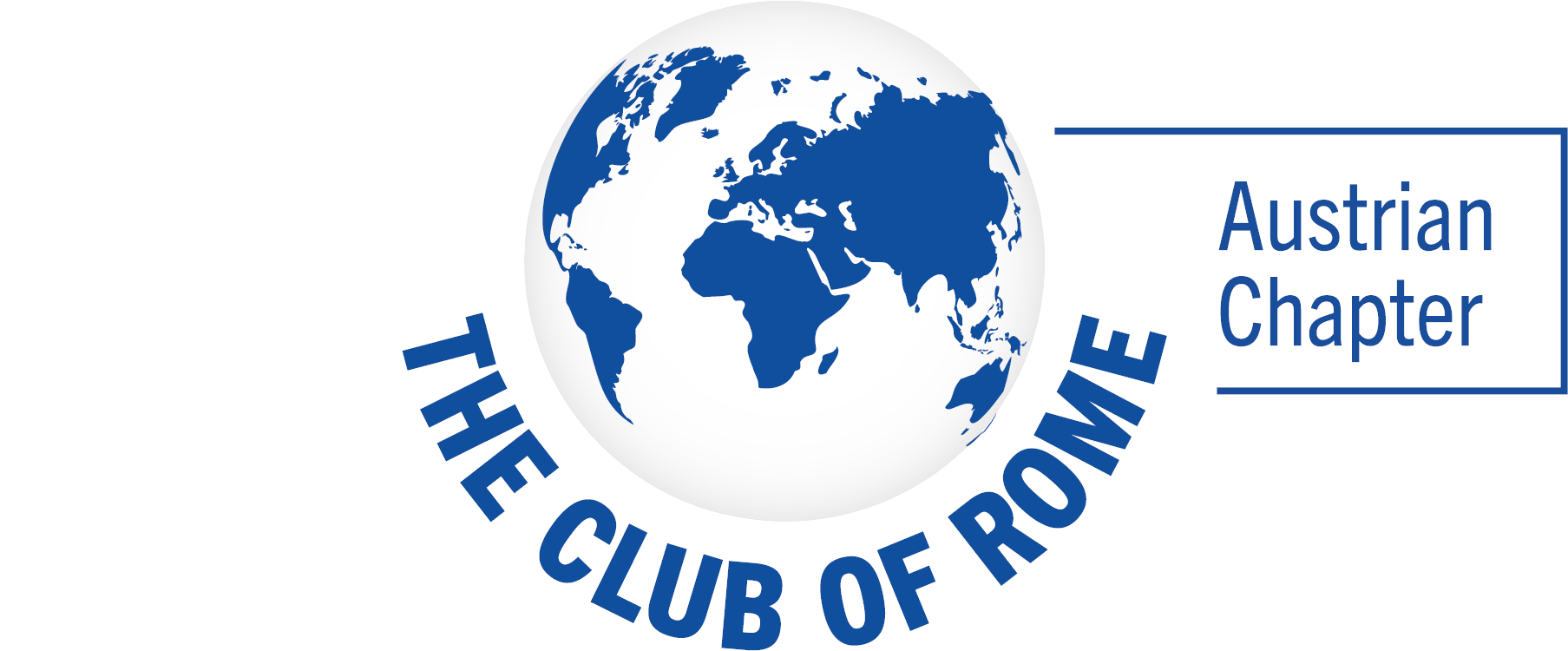The “empowerment” turnaround focuses on a social transformation in the areas of ageing and pensions, as well as gender equality and education. In terms of a global “Giant Leap”, both visible and invisible barriers must be broken down.
We will talk about this topic at the next 🔗Earth4All project event on 17.5.2024.
The simple absence of women in management and decision-making positions, both nationally and internationally, is particularly striking. This gap is not only visible in politics, but across all sectors of the economy. But this situation is fatal.
There is a lack of necessary perspectives and experience, which are urgently needed for robust and future-oriented decision-making processes. In order to make the labor market more inclusive and fairer, and thus enable an economy that finds answers to complex crises, a reformed education system is needed as a central lever.
Quota regulations as a starting point
Only by implementing targeted policies to ensure equal opportunities and actively working to change social attitudes and values can sustainable change take place. This includes laws that stipulate a minimum quota of women in management positions in both the public and private sectors. Such laws have long proven their worth in some nations. In the past, Norway was a pioneer in improving gender equality in companies. In 2005, it was the first European country to require listed companies to have at least 40% female representation on their boards. This quota has also been in force in France since 2011 with the so-called Copé-Zimmerman law.
In Austria, the Equal Opportunities Act for Women and Men on Supervisory Boards has applied to the private sector since January 1, 2018, setting a target of 30% for women on supervisory boards. However, this only applies to listed and large companies with more than 1,000 employees. The latest Women’s Management Report from the Austrian Chamber of Labor shows that the proportion of women on the supervisory boards of listed companies affected by the GFMA-G has increased significantly since the introduction of the quota, from 22.4% in 2018 to 36.5% at the beginning of 2024. But supervisory board positions are only a first step.
Society is changing from the bottom up
Overall, more diversity is needed at management level. This includes LGBTIQ+ people, people with disabilities and people with a migration background.
Structurally, there is a lack of access to resources, networks and mentoring for many of these people, which often serve as access points to leadership roles. In addition, deeply ingrained conservative norms and persistent gender stereotypes undermine the potential of many people as early as childhood and adolescence.
Teachers and educational policies that support equality and diversity in thought and action influence the way gender roles are perceived and valued throughout society. Schools and universities that take active measures to combat discrimination and promote diversity are helping to shape a fairer society.
Education reforms are overdue
Education is a powerful tool that can have transformative effects on both an individual and societal level. Educational institutions are places where social norms can be shaped and renegotiated. The structured school as an institution enables something particularly valuable: social mobility. For many, social mobility goes hand in hand with the opportunity for a better life: new perspectives in thinking and income.
However, this urgently requires comprehensive educational reforms. A country like Austria cannot really afford to maintain an education system that does not teach pupils the necessary personal responsibility and self-organization from the start. People who go on to study or start a career straight after school often find themselves unprepared because they have not learned to recognize and develop their own potential during their time at school. Those who are always taught to be average instead of being encouraged to develop their individual strengths are unlikely to conduct cutting-edge research or found successful companies later on.
There are plenty of ideas for a reformed school system in Austria: Frontal teaching and rigid timetables should be abolished for good. In a comprehensive school, there will continue to be compulsory basics in German, English, mathematics and democracy education – from the first school level to the compulsory school-leaving certificate. However, the abolition of traditional school subjects in the upper school level through the introduction of courses, project work and specialization modules based on the Finnish model would finally promote talents and interests. A stronger link between practical knowledge and general education and the introduction of new courses in the areas of democracy education, social sciences and economics would enable a smoother transition to working life or university.
Educational pathways must never become dead ends. School systems should be designed to reduce inequalities. It is crucial to expand and improve access to education for people from all walks of life, regardless of socio-economic background or previous educational pathways. This requires the right framework conditions, which are closely linked to the four turnarounds of poverty, nutrition, energy and inequality: A hot lunch, green electricity, internet access and free school books are a baseline that can hardly be met in some countries around the world to this day.
Progress and development
Improved policies combined with cultural shifts and more innovative educational tools can pave the way for a more inclusive educational landscape, which is essential for a reformed economy and administration, and subsequently for tackling tomorrow’s socio-economic and technological challenges.
A society that invests in education invests in its own sustainable development, as educated people are more likely to contribute to economic growth and social stability. A functioning education system not only enables individual development and progress, but is also a crucial element in the transformation of social structures towards greater equality and gender justice.
(by Sebastian Lang, Club of Rome Fellow, May 10, 2024)
More on this at our event on 17.5.2024:
https://www.clubofrome.at/veranstaltungen/event-17mai2024-kehrtwende3-empowerment/
https://www.clubofrome.at/projekt-earth4all-oesterreich/kehrtwende-empowerment/
